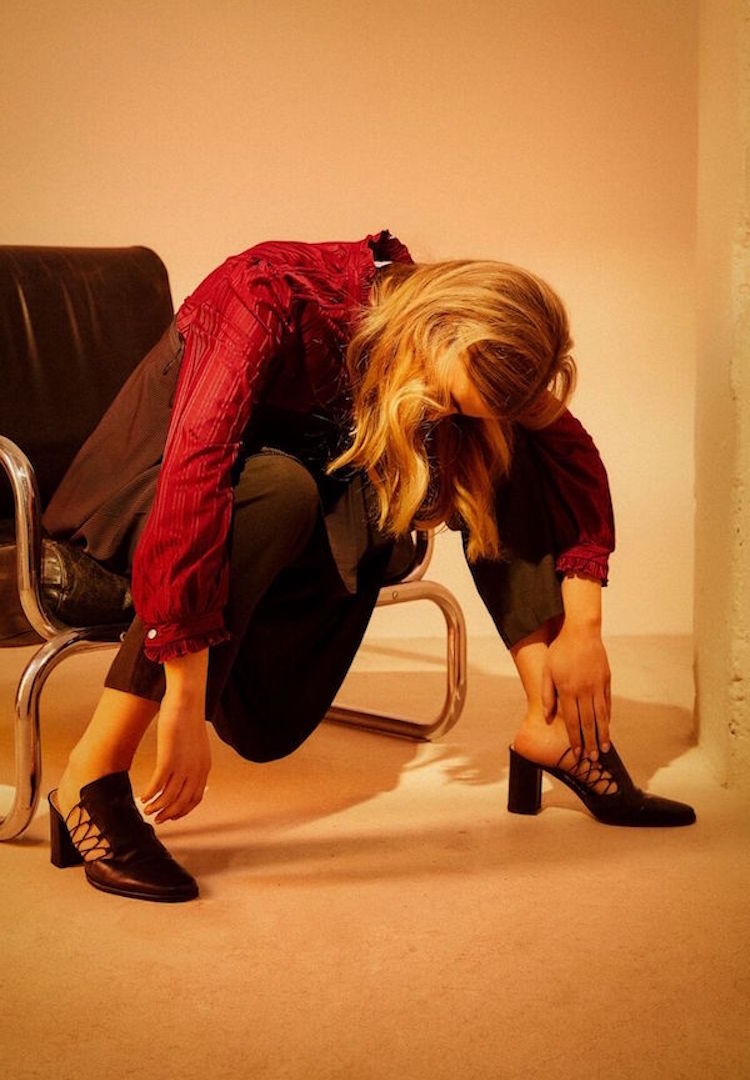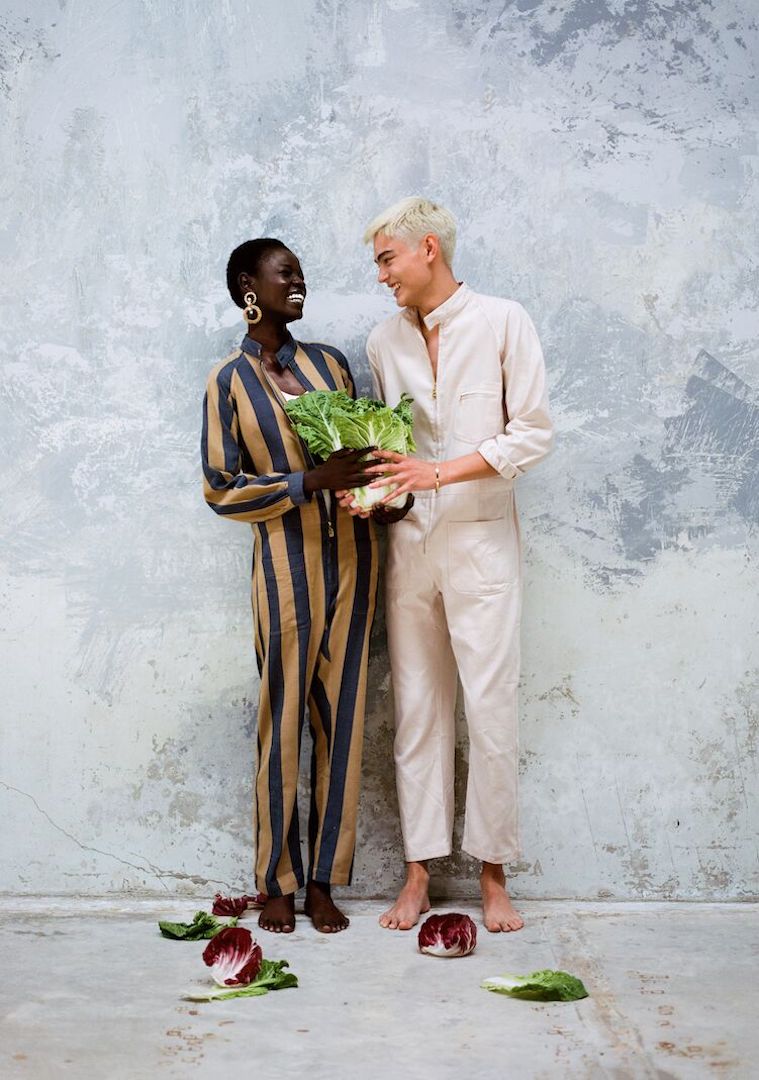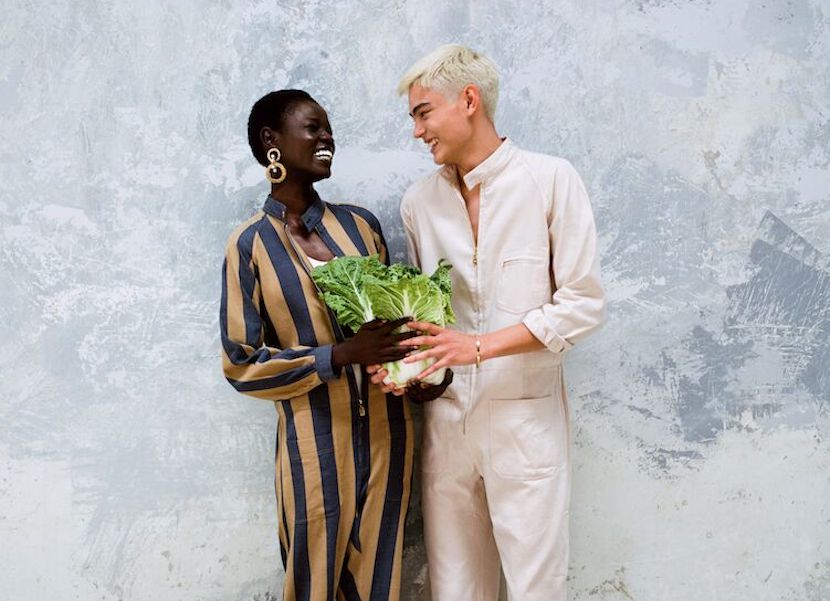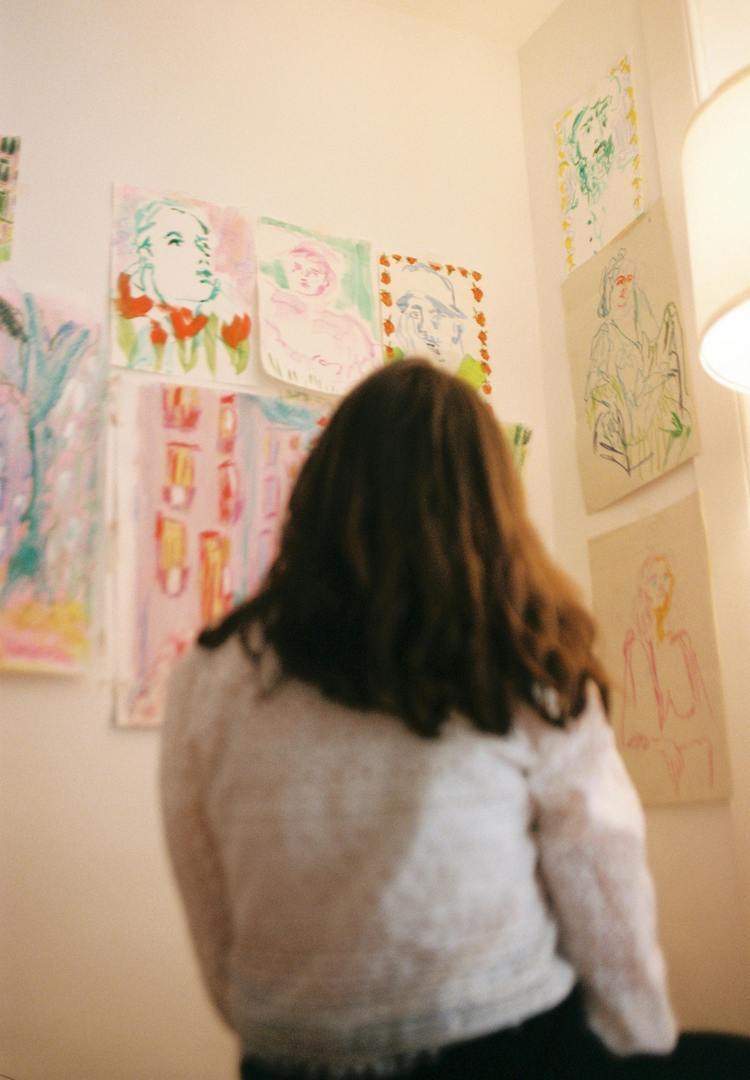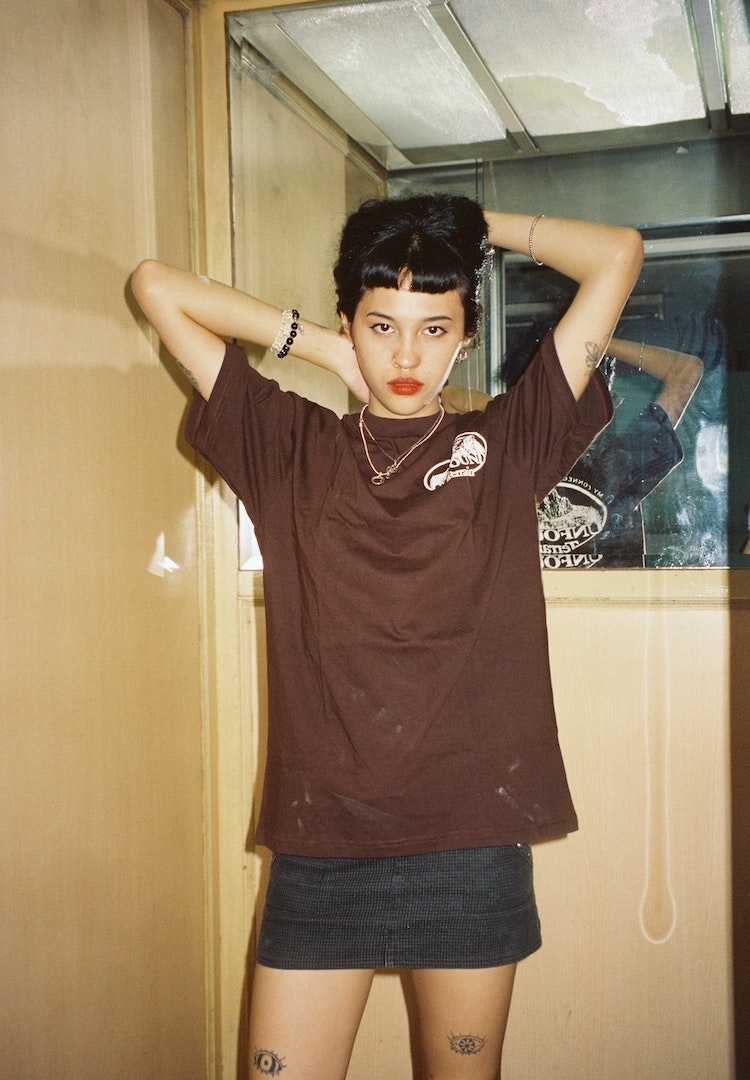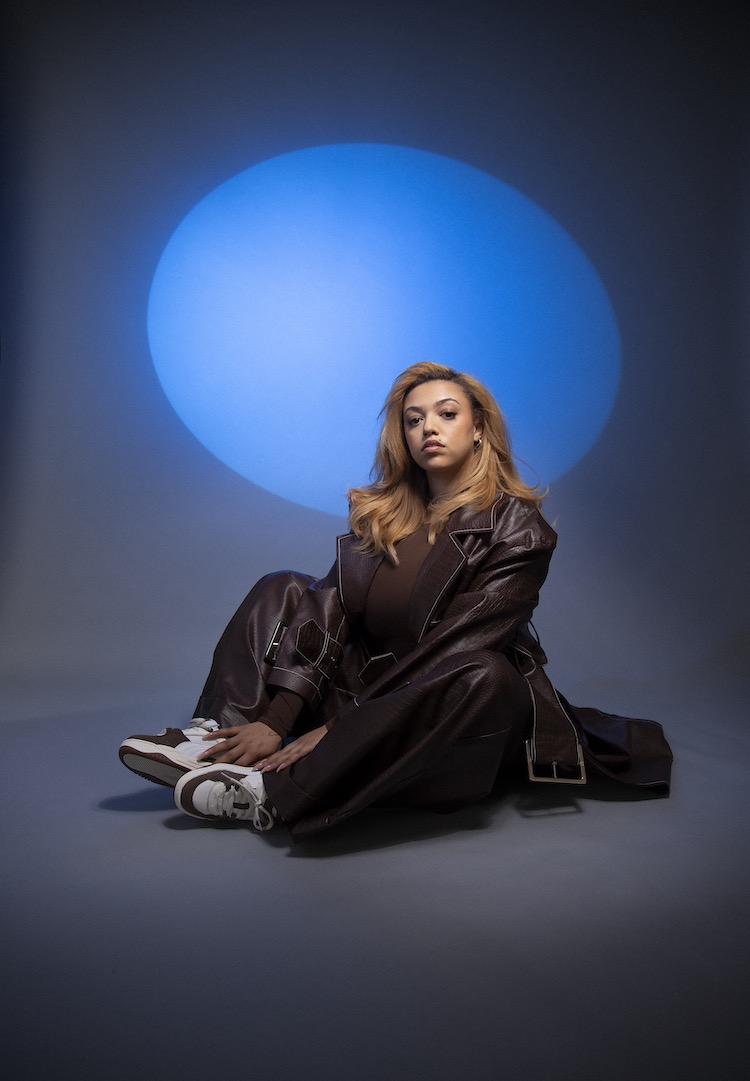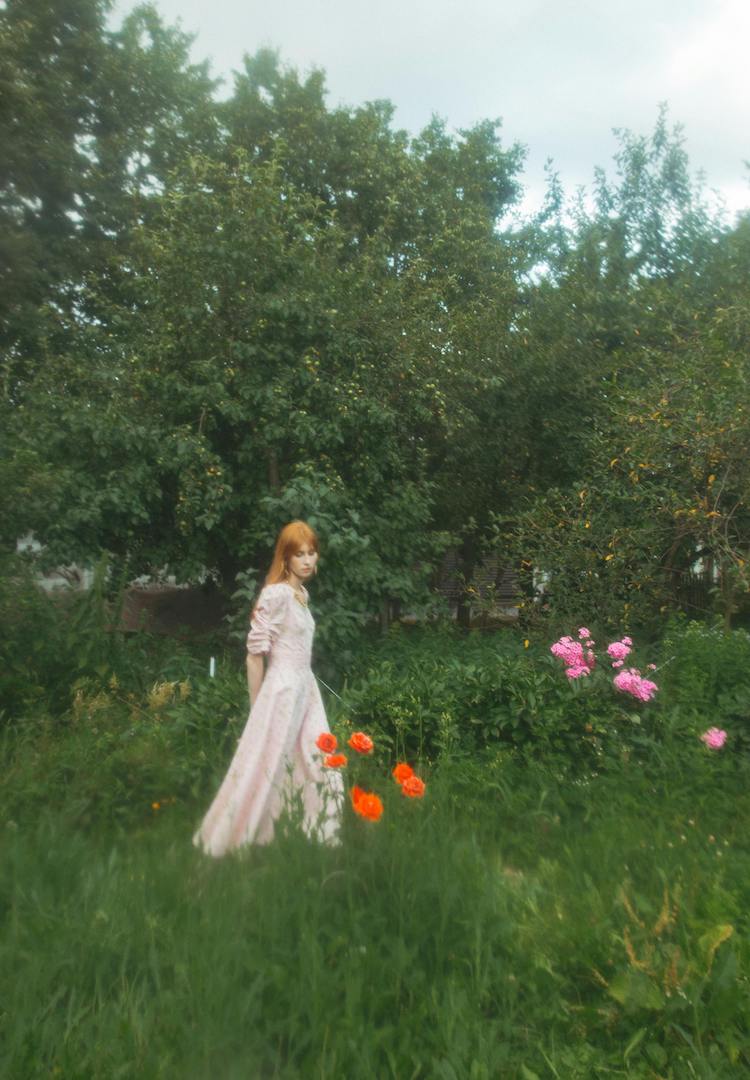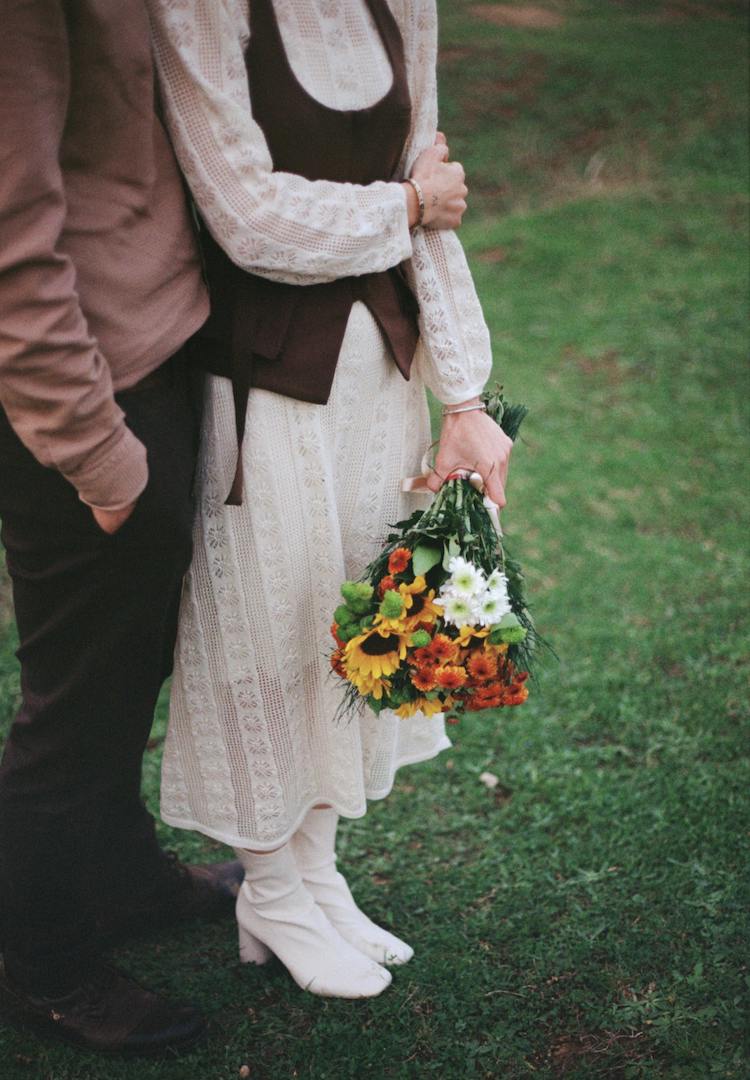How to soft-launch your partner into your social circles, before it’s official
PHOTOGRAPHY BY JORDAN DRYSDALE
WORDS BY GENEVIEVE PHELAN
It’s meet-the-mates time, send help.
The post-lockdown debut of someone new can be fraught with all kinds of stresses – some silly, some viable. Hyper-anxious individuals will likely worry extensive amounts about what their intimate, most-treasured circle of friends will think of their potential, proto-partner.
While you’ve spent a good part of this year getting to know them in a contained environment, soft-launching them into your life can be more complex than content creator Louis Hanson’s Insta-official tactics (though we love those).
Interested to hear how others navigate the world? Head to our Life section.
The pressure for your hyped-up love interest to smoothly integrate and mesh with those most important to you might feel like a lot. The friends you assumed they’d gel with best might be the ones that match up like chalk and cheese in real life, prompting self-questioning and spiralling doubts: is this person right for me if A, B and C like him but D is taking their time to warm?
In a brave new world of events and eased capacities and group bar bookings and Christmas parties (where partners are welcomed, yikes), how does one master the art of getting back out there with a lover? The natural place to start is with the ones that matter the most to us, inviting them on short, easily escapable meet-cutes like a throuple’s coffee in the park or a knockoff drink before dinner.
It can be all too easy to ‘force’ your opinions and romanticisms onto your friends, near-desperate for them to see all the great things you do, but that’s a bit unfair and unrealistic. While it’s undoubtedly great if your friends like your more-than-friend, it’s more crucial to know how you feel about your person.
Of course, friends calling out and identifying red flags are absolute alarm bells that you should be paid attention to, but everyone can’t be obsessed with everyone. Sometimes, what we get from our friends – relevant conversations, common interests, empathy, cheeks-hurting-laughter and shared histories – prompt us to look for different compatibility in our romantic interests.
To get to the bottom of the post-lockdown partner soft-launch on the cusp of our hot vaxxed summer, I called on respected couple therapist Mukti Jarvis. I had a candid (and yes, you got me, piercingly personal) chat with Mukti to navigate some of the upcoming encounters on the social calendar with a new partner in the picture.
Sometimes relationships in lockdown can feel like simulations. What are some of the best ways to get ‘back out there’ with a partner?
Yes, that’s exactly how it’s been for relationships in lockdown, as a simulation of being in a committed relationship. The lockdown restrictions were for committed partners. So if you were dating, it meant that getting to know someone could be pretty intense and unnatural. There were just the two of you, one to one. Getting to see each other beyond a walk and coffee involved labelling them as your ‘intimate partner bubble’ person. Gasp! After three weeks?! Perhaps way before you were sure about that or wanted to look at them that way.
Lockdown also meant there was only exercise or being at each other’s home. So, inviting a person to dinner in your home came up pretty quick (before you might have, normally). Thanks to 9pm curfews, some of us might have ended up fast-tracking staying all night with each other. Now it’s time to open out and get out of the bubble, that too can feel overwhelming and surreal.
What are some ways to get out there with your new person of interest or new intimate partner?
- Take it slowly and riff off from what you’ve been enjoying doing with them during the lockdown. Keep those going and stretch to include other people in those e.g. a coffee, a picnic.
- Have a conversation with each other about what you each like to do socially. How often and with which people. Share some good memories with each other. Then, decide on one of these that you both like or an interim step towards it. For example: if you don’t feel like having a dinner party at home yet or a big night out, maybe have lunch out with a couple of friends somewhere.
- Get dressed up (that’s novel!) and go out somewhere just the two of you, to get used to being out in public! There’s a lot to learn about each other when choosing and organising events and outings. Seeing how the wait staff are treated… lots of little things that help to deepen your sense of each other, the way you roll, and the values you have.
- If one of you feels super hesitant about getting out with friends, go at the pace that this one feels good about. Staying in tune with each other is supportive of building your relationship. Pushing won’t help. Perhaps start with little crossover moments with significant friends. Or acquaintances at groups that you go to for example – sporting, spiritual, interest groups, the gym etc. Find short drop-in moments where you make brief chatty introductions of each other as prep for something extended.
- Make sure that you keep plenty of quality time for talking together so that you can support your new relationship bond to grow. Being attentive and responsive to each other, as well as engaging in each other’s lives and social connections builds a good foundation for your budding relationship. Check-in with each other on how the social bubble popping is going for each of you, and what would help.
How can someone introduce a partner to their friends in a context that isn’t too overwhelming for them?
Start with your closest most trusted friends: they’ll be welcoming and friendly. Tell them a bit about your person beforehand. Let them know your intentions, or feelings about this person so that they have a context when they meet them. They might even make the invitation to bring your new person. They’re probably curious! You might want to keep this to an hour or so as a first meeting.
Alternatively, introduce your new person/partner in those small casual moments. It might be when you’re popping past and dropping something into them. You can make a quick “Hello” introduction standing on the footpath or by the letterbox, or a coffee, or pre-drinks. With the people where it felt comfortable, you can arrange something longer for example lunch or dinner. [It’s] good to remember: you’re building something over time here. It’s all new, so focus on exploring the connection between the two of you, with others. Have mini debriefs afterwards.
And what about on the flipside, when you’re nervous to meet a partner’s mates? You will naturally like some, but maybe not others. How do you navigate that with someone you’re really invested in?
To handle your nerves, ask your new person to warm up their friends by telling them a little about you (if they haven’t already), to break the ice. It’s also useful for you to know some of the friends’ interests and backgrounds, especially where they fit in your person’s life. How significant are they? You’re about to get a deep look at your person’s values and priorities in life – good information.
Don’t be so invested that you shut your eyes to red flags. If these people are important to your person, that tells you a lot. If you’re in a relationship going forward, then it will be on you to find a way to build a friendship of some level with those people, unless they cut across your values massively. I suggest you go in interested and non-judgmental.
What if the person you’ve been seeing during lockdown doesn’t get along with your closest friends straight away in the wild?
It’s definitely odd coming out of lockdown, where you’ve really only seen each other and then in close narrow parameters. Coming into a setting socially when you haven’t had time socialising with people in a group is going to be a bit strange. With your friends, they may feel awkward. You won’t, of course, because these are your besties. Neither of you really know how to behave like a couple in this new setting. Especially since you’re a ‘fast-tracked lockdown couple’!
That said, it’s very useful information to see someone in a social setting where you’re not hyper-focused on each other. You get to relax, see how they behave socially, their habits, how anxious, independent, or comfortable they are. How conversational they can be. How they respond to you and how you as a couple behave in a group.
It can be very attractive to see the person you’re interested in at a distance, talking and having fun with other people. Lockdown hasn’t allowed for that bit of spice! So enjoy it. It’s definitely worth a few repeat social events especially with those who are your closest friends. This gives you both a chance to relax and for your closest friends and new love interest to become more familiar.
How do I deal if they mesh well with some friends, but not as well with others/the ones I’m closest with?
I would be slow to arrive at an opinion about them seeming to get on better with some more than others. It’s pretty normal that they resonate better with some over others. This could change. Friendship bonds aren’t instant, they form over time. Maybe have a close look at what they are attracted to in the friends they’re clicking with. Can you accept and explore this with them? Let them know who and why your besties are closest to you? Bring openness and curiosity. In the overall picture is it a dealbreaker? Only you know that.
Are double dates a good idea?
Double dates can be an excellent idea to create a move into being with others. Double dates give you a small step to be in a group setting provided the other couple is chilled and secure in themselves. I was recently on a double date with a couple who’d been together for years.
We had a good laugh when something personal to me was shared by my new love, which I wasn’t expecting. My ‘Person of Interest’ apologised to me and explained: “We’re just getting used to being a couple around other people!!”. That’s really what a double date can allow you to do, which a big group might not.

